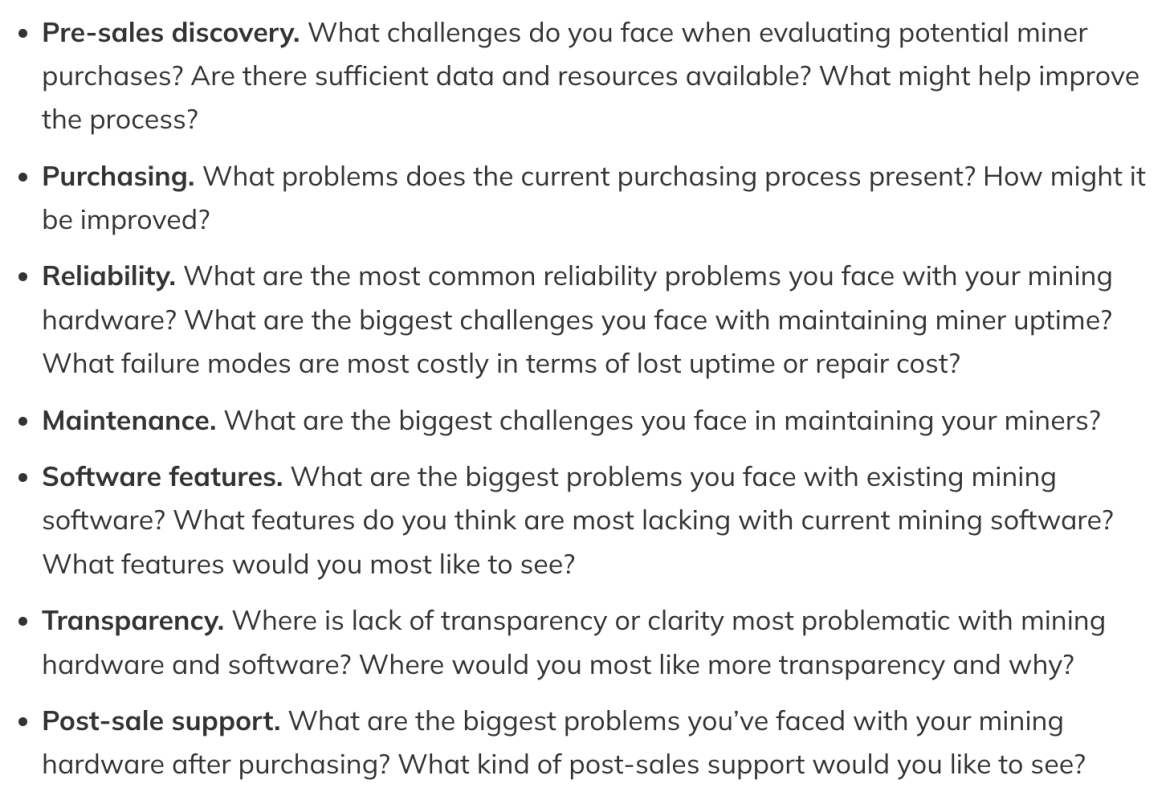‘Public key encryption systems must be replaced’

Professor Massimiliano Sala of the University of Trento in Italy recently discussed the future of blockchain technology related to cryptography and quantum computing with Ripple employees as part of the company’s ongoing university lecture series.
Sala’s discussion focused on the potential threats posed by quantum computers as the technology matures. According to the professor, current encryption methods could be easily solved by future quantum computers, putting the entire blockchain at risk.

For holes:
“Quantum computers could easily solve the problems underlying digital signatures, potentially weakening the mechanisms that protect user assets on blockchain platforms.”
What the professor is referring to is a hypothetical paradigm called “Q-day,” the point in time when quantum computers become powerful enough that malicious actors can break classical encryption methods.
This will have far-reaching implications for all sectors where data security is critical, including emergency services, infrastructure, banking, and defence, but could theoretically devastate the world of cryptocurrency and blockchain.
In particular, Sala warns that “all existing public key cryptography systems must be replaced by countermeasures that are secure against quantum attacks.” The idea here is that a future quantum computer or quantum attack algorithm could crack the encryption of these keys using mathematical brute force.
It has been mentioned that Bitcoin, the world’s most popular cryptocurrency and blockchain, would fall into this category.
While there are currently no practical quantum computers capable of performing this feat, governments and scientific organizations around the world have been preparing for Q-day as if it were an emergency. Sala says such an event may not be imminent. But physicists at dozens of academic and commercial labs have demonstrated breakthroughs that lead many in the field to believe such a system could arrive within a few years.
Ultimately, Sala is pleased with the progress in the field and recommends that blockchain developers continue to work with crypto experts who understand the standards and innovations associated with quantum-proof modern systems.
Related: Harvard has built a hacker-proof quantum network in Boston using existing fiber optic cables.


